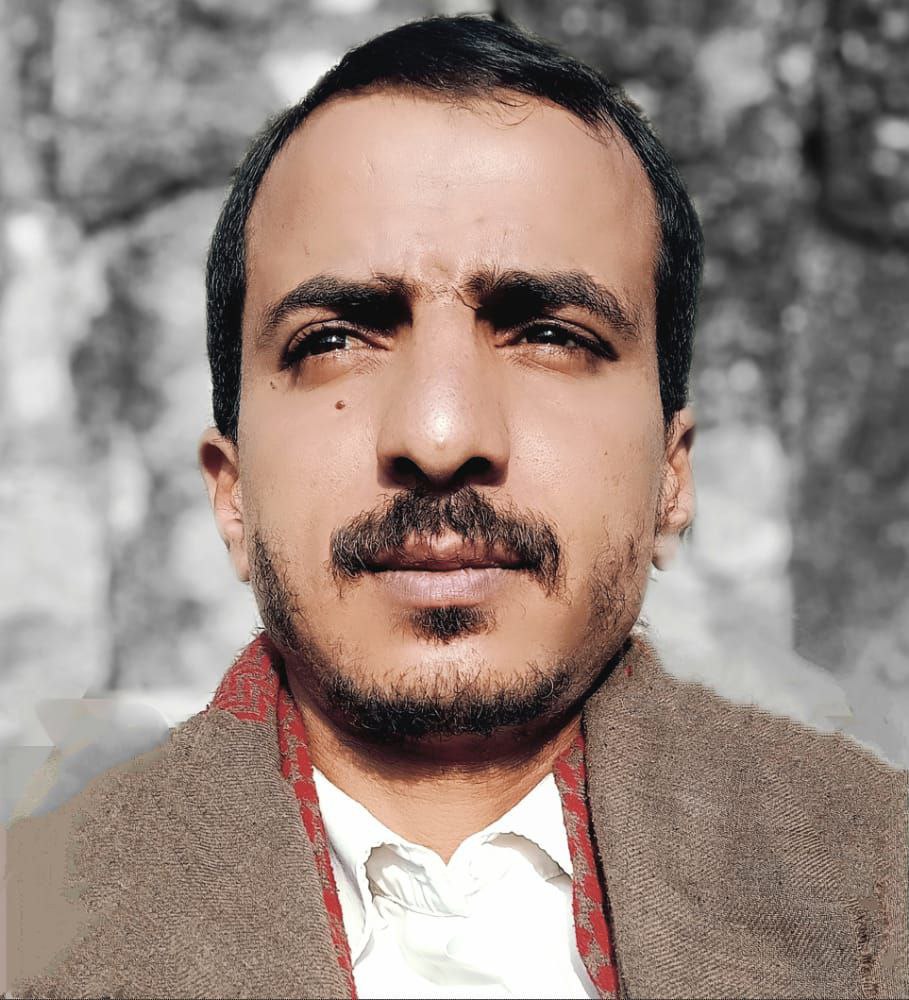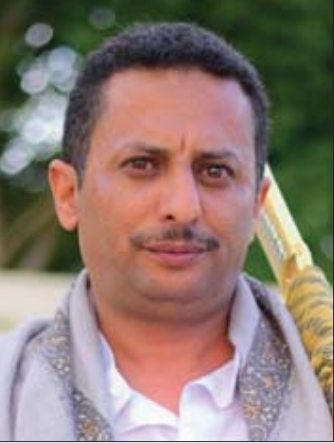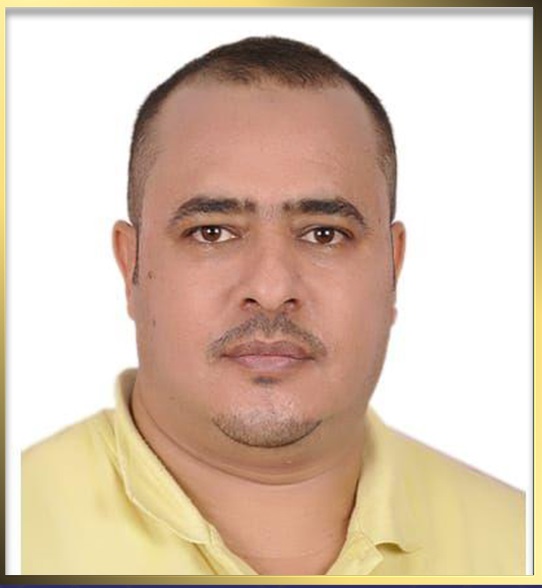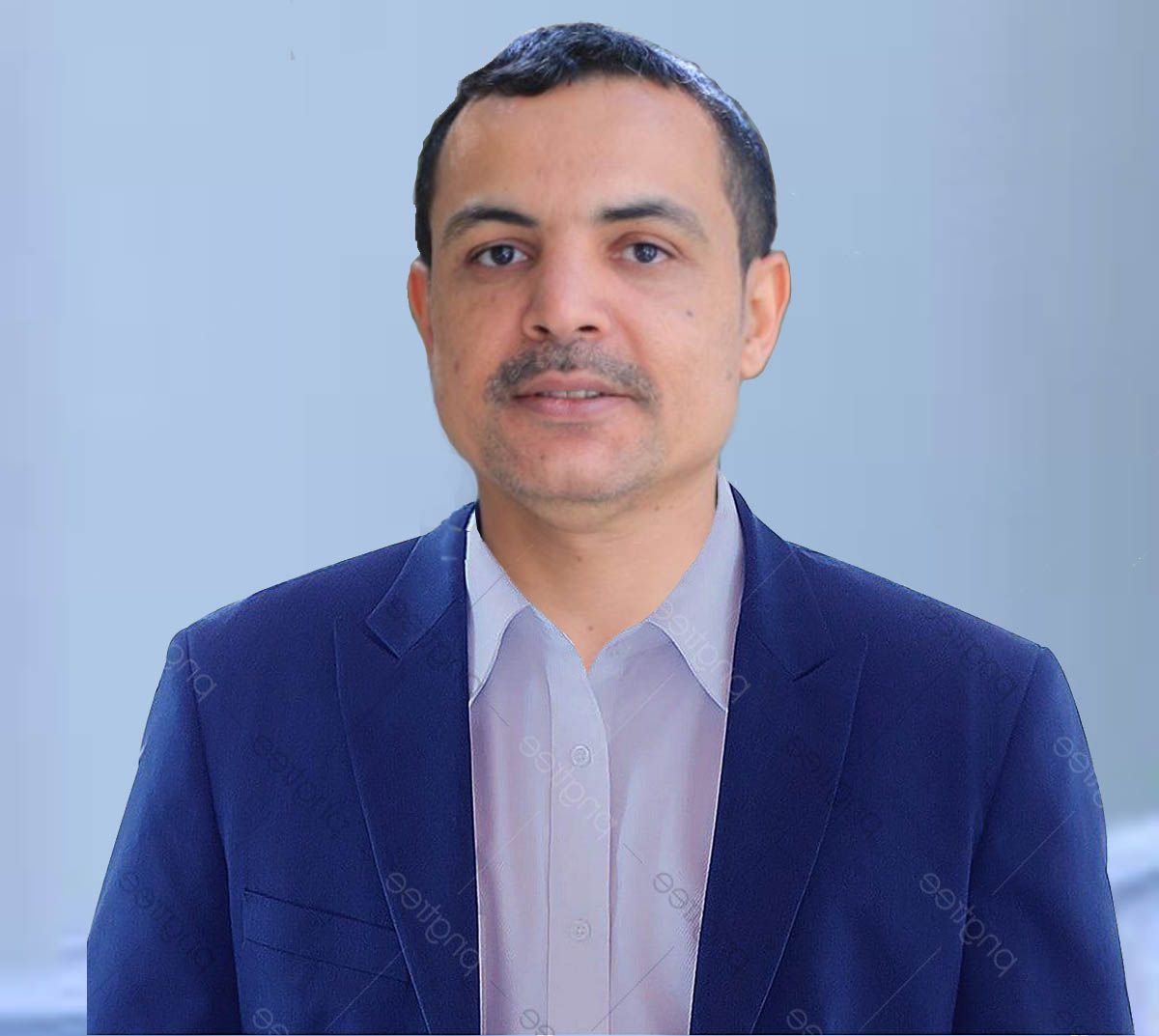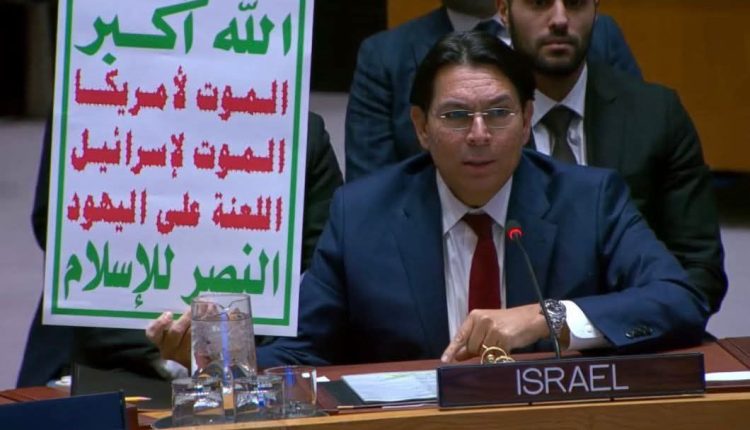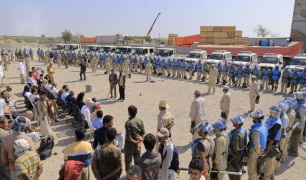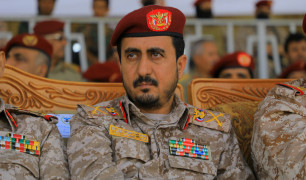السيد القائد: في ظل هذا التوجه الأعمى للحكومات والأنظمة فكلفة تمكين العدو الإسرائيلي كبيرة جدا حتى يأتي وقت الرحيل والزوال
السيد القائد عبدالملك بدرالدين الحوثي: ما تقوم به الأنظمة العربية تحت عنوان العلاقات والتطبيع مع العدو الإسرائيلي إنما تزيد في ظلم الشعوب
مصادر فلسطينية: شهيدان وجرحى نتيجة قصف طيران العدو مجموعة من الأهالي قرب متنزه المحطة في حي التفاح شرق مدينة غزة
مصادر فلسطينية: جرحى نتيجة قصف العدو الإسرائيلي على منتزه التفاح شرق مدينة غزة
شمخاني: إذا كانت القضية في المفاوضات هي عدم صناعة إيران أسلحة نووية فإن هذا الأمر يتماشى مع فتوى السيد الخامنئي وعقيدة إيران الدفاعية
أمين مجلس الدفاع الإيراني على شمخاني: الوزير عراقجي يتمتع بالدعم والسلطة الكافية لإبرام هذا الاتفاق إذا توفرت الإرادة لدى الطرف الآخر
سرايا القدس تنعى 20 مجاهدا من قادة الاختصاصات العسكرية استشهدوا خلال معركة طوفان الأقصى
مصادر فلسطينية: استشهاد مواطن متأثرا بقصف صهيوني قبل نحو شهر جنوب قطاع غزة
الخارجية العمانية: تم استعراض معالجة العناصر الرئيسية لبرنامج إيران النووي والضمانات اللازمة لتحقيق اتفاق
مكتب إعلام الأسرى الفلسطيني: إدارة سجن الرملة تتحمل المسؤولية الكاملة عن سلامة الأسرى ونطالب المؤسسات الحقوقية والإنسانية الدولية بالتحرك العاجل للوقوف على أوضاعهم
































